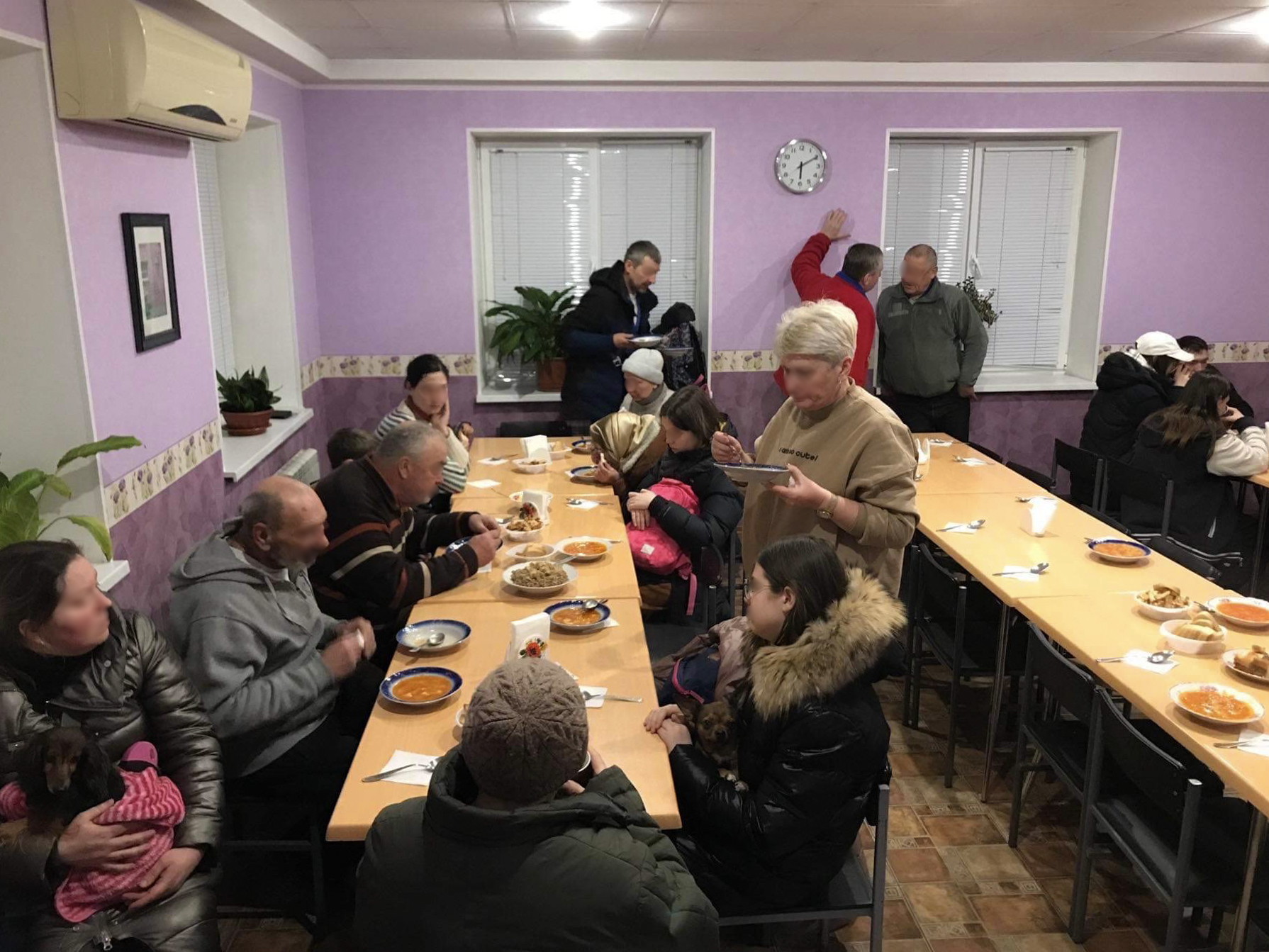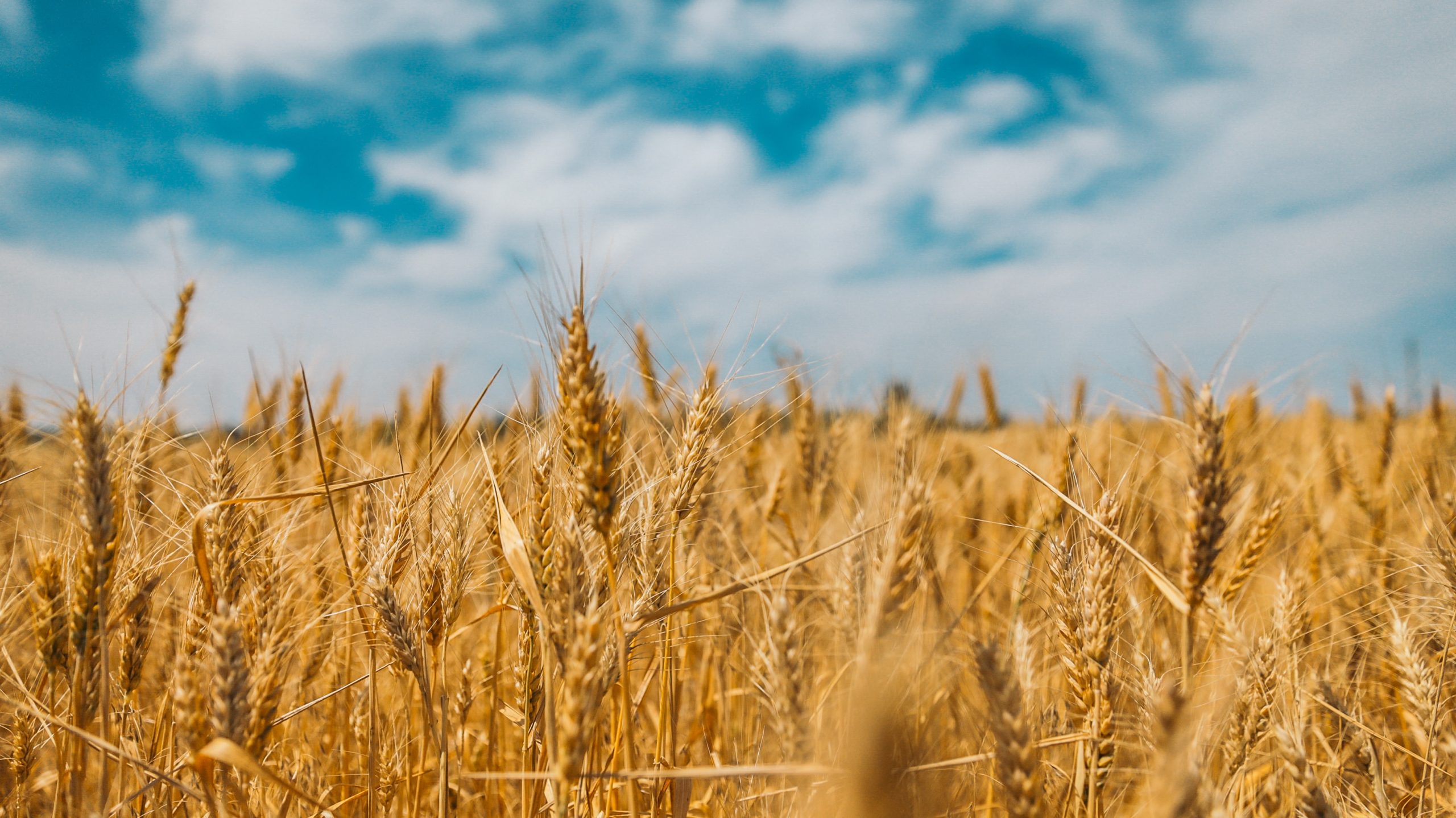Clarisa Huamani’s dream is for her three children to have the opportunities she didn’t. At a young age, she was adopted by a family in Lima, Peru. Her adoptive parents often forced her to stay home, and she was never really accepted as part of the family. She longed for belonging and the chance to work and make her own way.
Investing in family
At a low point in her life, Clarisa discovered the business idea that could help supplement her husband’s income. After she lost her father to COVID-19 in June 2020, a neighbor gifted her a pair of guinea pigs and a chicken to help her focus on something else. Once Clarisa realized the animals could be a source of income for her family, she found new purpose. She began to breed and sell guinea pigs, ducks, and chickens, finding new clients through word of mouth.
My first priority is my children–for their health, that they would have a profession and be able to provide for themselves.





















